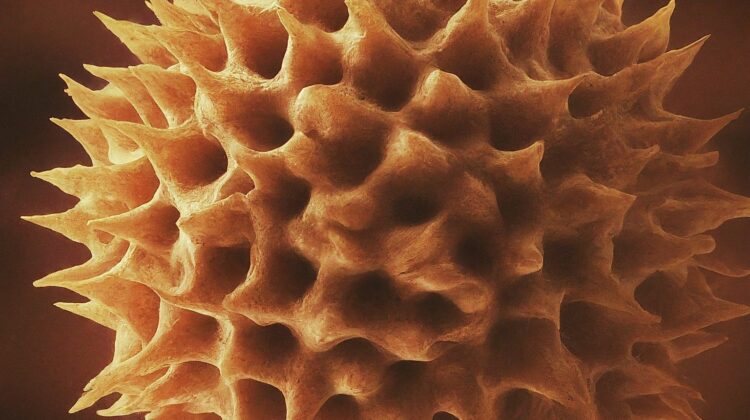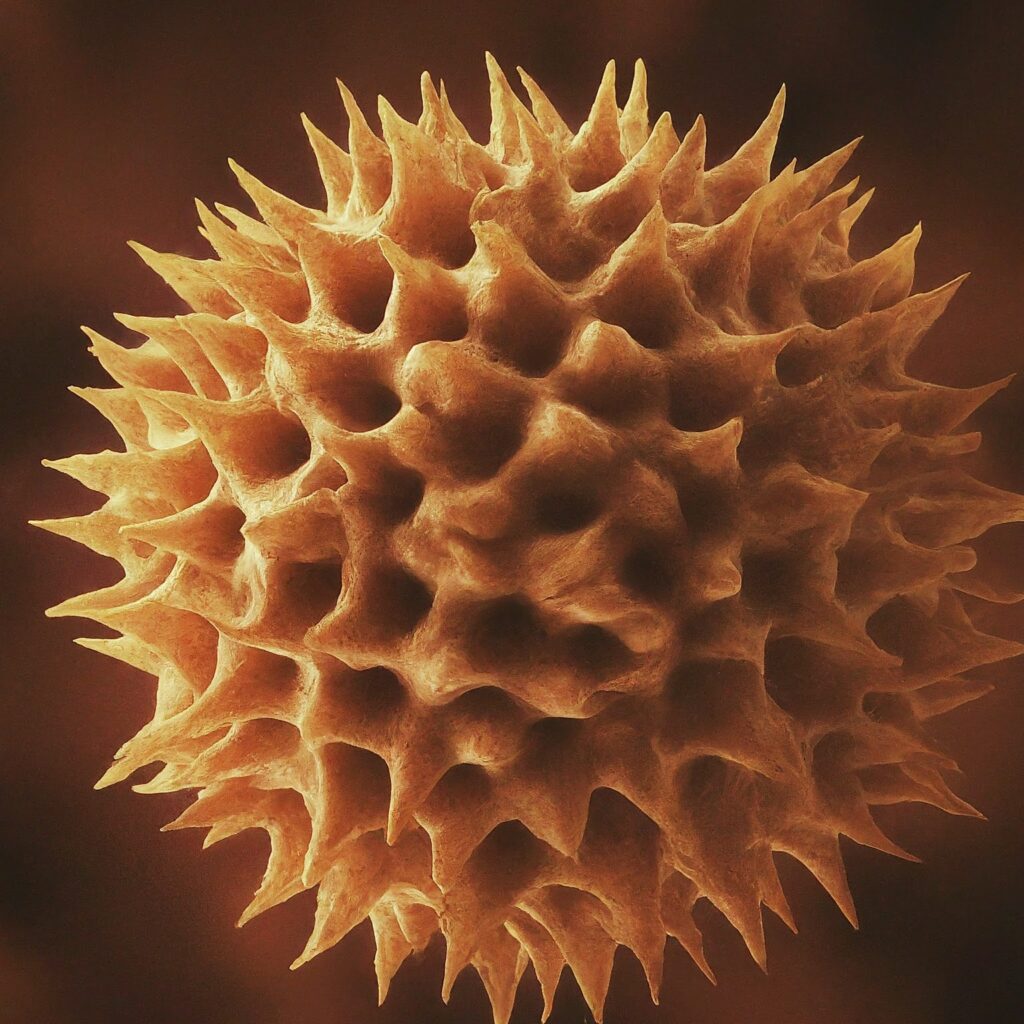
Tips for Dealing With Allergies in Douglasville, GA
With its blossoming trees and plentiful green spaces, Douglasville, GA offers a picture-perfect Southern lifestyle.

However, for residents prone to allergies, seasonal irritants like pollen and mold can cast a shadow over their enjoyment of the city’s charm.
This comprehensive guide will give Douglasville residents the knowledge and resources necessary to effectively manage allergies and experience all the city has to offer.
Identifying Your Allergy Triggers
The cornerstone of successful allergy management lies in identifying the specific culprits triggering your symptoms. Douglasville’s allergens present a unique challenge throughout the year.
During spring, tree pollen from oak, hickory, and elm blankets the city, causing sniffling, itchy eyes, and congestion. Fall ushers in ragweed season, another notorious trigger for many allergy sufferers.
Beyond seasonal factors, the warm and humid climate of Douglasville fosters mold growth, both indoors and outdoors. These microscopic spores can infiltrate homes through vents or windows, further exacerbating allergy symptoms.
Dust mites, microscopic creatures that thrive in warm, damp environments, can pose a year-round challenge, hiding in carpets, bedding, and upholstery.
Managing Allergies in Douglasville
Fortunately, numerous strategies exist to combat allergies and reclaim control of your well-being in Douglasville.
Proactive measures can significantly reduce allergy symptoms and improve your quality of life. Staying informed about local pollen counts through weather reports or pollen forecast websites allows you to plan your outdoor activities accordingly.
Dealing With Pollen
During peak pollen seasons, consider limiting time spent outdoors, especially early mornings when pollen counts are typically highest. Wearing a pollen mask while venturing outside can offer additional protection.
When Is Peak Pollen Season in Douglasville, GA?
Tree pollen plagues Douglasville in the spring, with peak season typically occurring from March to May. Oak, hickory, and elm are some of the tree species releasing their pollen during this time.
Fall brings ragweed season, another notorious trigger for allergies. Peak ragweed season in Douglasville generally falls between August and October.

Limiting Mold to Reduce Allergies
Mold management within the home is essential. Maintaining low humidity levels with a dehumidifier creates an environment less hospitable to mold growth.
Regularly inspecting for and addressing any water leaks or moisture problems is crucial for preventing mold from becoming a persistent allergen.
Furthermore, cleaning air filters and vacuuming carpets frequently helps minimize exposure to mold spores.
Using HEPA Filters
For an added layer of defense within your home, consider investing in a high-efficiency particulate air (HEPA) filter for your air conditioning system.
This powerful filter traps airborne allergens like pollen, dust mites, and mold spores, improving indoor air quality and reducing allergy triggers.
Using a Home Air Quality Monitor
For a more proactive approach, consider purchasing a home air quality monitor. This tool allows you to track pollen and mold levels within your living space, enabling you to take targeted actions to improve indoor air quality and minimize allergy triggers.
Taking Control of Your Douglasville Allergies
By understanding your unique allergy triggers, implementing these preventative measures, and taking advantage of the available resources, you can effectively manage allergies and fully embrace our wonderful city.
From exploring the charming downtown area to spending time outdoors at scenic locations like Sweetwater Creek State Park, or enjoying cultural offerings at the Douglasville Cultural Arts Center, Douglasville has something for everyone.
With the right approach, allergies won’t hold you back from living your best life and enjoying everything our lovely city offers.




